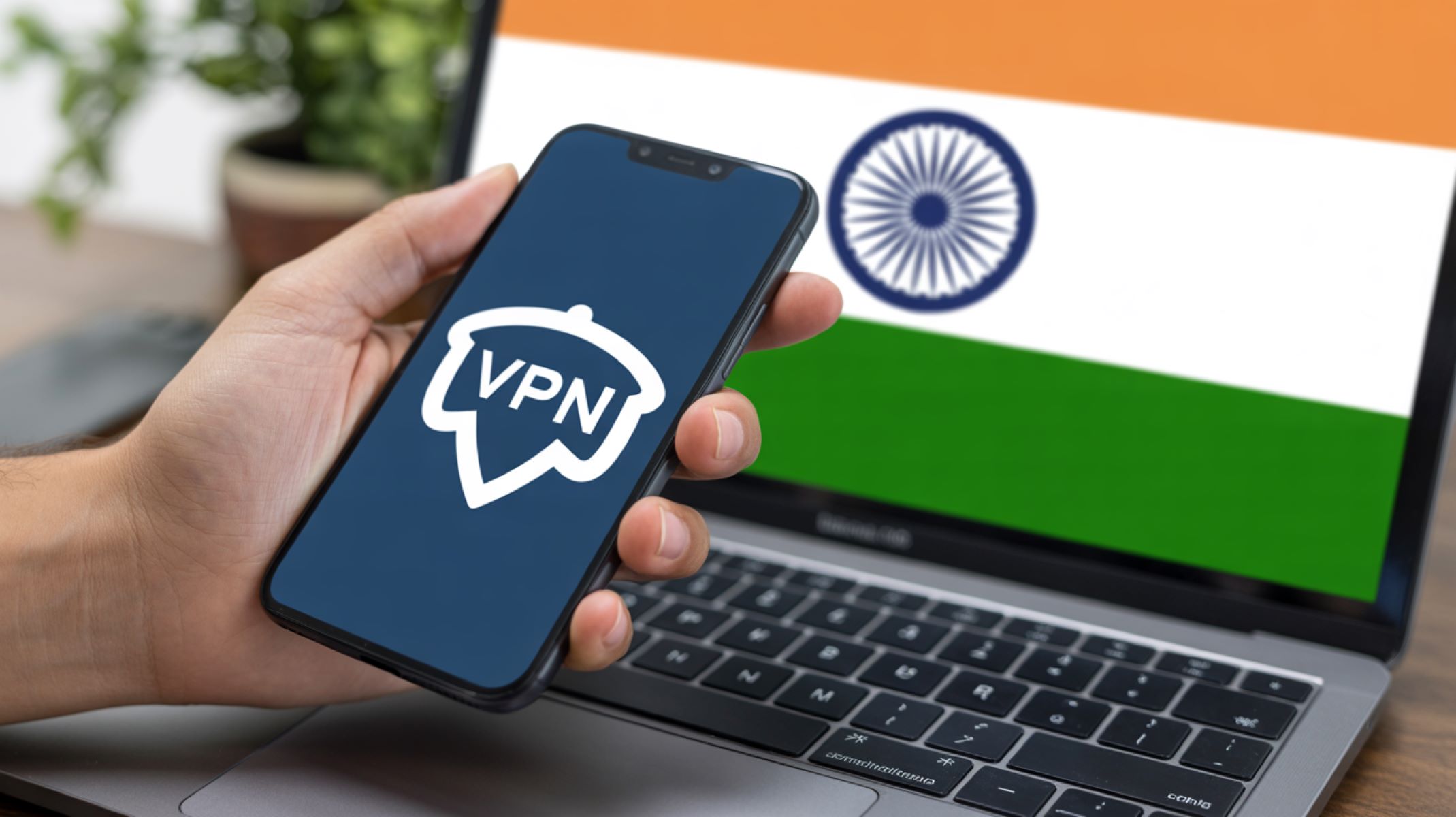India’s gambling scene is like a wild jungle — part regulated, part rogue, and full of both hidden gems and dangerous traps. With only a few states officially allowing casinos (like Goa, Sikkim, and Daman), most Indian players turn to online platforms — many of which are offshore. These offshore casinos operate in a grey area: technically legal to access, but not always legal to run from within India. That’s why things can get messy if something goes wrong, especially with payments.
Why Payout Refusals Happen at Indian Casinos
Hitting the jackpot is every casino player’s dream, but there’s an unfortunate reality some players face: being told that their payout won’t be processed. While it’s tempting to think that this is a rare occurrence, it’s more common than many realize. The reasons behind these refusals are varied, but most stem from either issues with the player’s actions, the casino’s operations, or a mix of both.
One of the primary reasons for payout refusals is violating the terms and conditions tied to bonuses. Many Indian casinos offer enticing bonus deals, but these usually come with strict rules that must be followed in order to claim the winnings. If you fail to meet the wagering requirements, or if your actions are deemed to be abusing the bonus system, the casino may refuse to pay out your winnings. This can happen without much warning, leaving players feeling frustrated and helpless. It’s crucial to read and understand all the fine print before accepting any promotional offers at online casinos.
Another reason that casinos may refuse a payout is suspicion of fraudulent behavior. Casinos are highly regulated institutions, and they take fraud seriously. If there is any hint that the player is involved in unfair practices, such as using multiple accounts, colluding with others, or employing bots to cheat the system, the casino may immediately freeze the payout. Casinos often employ sophisticated algorithms to detect such behavior, and even an innocent mistake can lead to issues. It’s always important to play fairly, as even a minor slip-up in your actions could raise red flags.
Identity verification issues are also a significant cause for payout refusals. Before a player can withdraw large amounts of money, they are usually required to prove their identity. This step is crucial for preventing money laundering and ensuring the safety of both the casino and the player. If there’s any discrepancy in the details provided or if the player fails to submit the necessary documents in a timely manner, the casino may refuse to process the withdrawal. This can happen even if all previous steps in the account creation process have been followed to the letter. Casinos are legally obligated to verify a player’s identity, and failure to do so could result in refusal to payout, regardless of the legitimacy of the winnings.
Legal Framework Governing Casinos in India
Casinos in India operate under a somewhat outdated legal framework. The primary law governing gambling is the Public Gambling Act of 1867, which was enacted during British colonial rule. This law, however, doesn’t account for modern forms of gambling, particularly online casinos, leaving them in a grey legal zone.
- Goa
- Legal Status of Casinos: Goa is one of the few states in India where land-based casinos are legal. The state has a rich history of casino tourism, particularly in the form of floating casinos on the Mandovi River. There are several licensed and operational casinos in the region.
- Online Gambling: The status of online gambling in Goa is considered a grey area. While the state has regulations for land-based casinos, the legal framework does not provide clear guidance for online gambling, leaving it in a state of uncertainty. Players engaging in online gambling are technically not breaking the law, but they also lack specific legal protections or rights.
- Sikkim
- Legal Status of Casinos: Sikkim is another state where land-based casinos are legal. The state has embraced gambling as a means of boosting tourism and has opened several land-based casinos for visitors.
- Online Gambling: Sikkim has taken a progressive step by regulating online gambling as well. The state has granted licenses to online gambling operators, making it one of the few places in India where online casinos are legally regulated. This means that players engaging in online gambling within Sikkim can do so with the assurance of local laws protecting their interests.
- Maharashtra
- Legal Status of Casinos: In Maharashtra, casinos are illegal, and gambling in most forms is prohibited. The state has strict anti-gambling laws that prevent the operation of both land-based casinos and any forms of commercial gambling establishments.
- Online Gambling: Online gambling is also illegal in Maharashtra. The state enforces these restrictions strictly, and players engaging in online gambling could potentially face legal consequences. This highlights the stricter stance taken by the state in comparison to others like Goa and Sikkim.
- Telangana
- Legal Status of Casinos: Telangana takes an even more stringent approach to gambling, having banned casinos entirely. Both land-based and online gambling are prohibited within the state’s borders.
- Online Gambling: Like its stance on land-based casinos, Telangana has also banned online gambling. This makes it illegal for residents of the state to participate in any form of online gambling, whether domestic or international.
Difference Between Offshore and Local Casinos
| Aspect | Offshore Casinos | Local Casinos | Jurisdiction | Regulation and Oversight | Challenges for Players |
| Location | Based in international jurisdictions like Curacao, Malta, or Gibraltar | Located within India, regulated by state governments | Jurisdictions like Curacao, Malta, Gibraltar vs. Indian states | Offshore casinos are harder to regulate; local casinos follow state laws | Offshore casinos are not accountable to Indian laws; local casinos have local oversight |
| Regulation | Not governed by Indian laws; self-regulated in their own jurisdiction | Governed by state-specific gambling laws | Offshore casinos are governed by international laws; local casinos by state laws | Offshore casinos lack local authority oversight, making them riskier | Local casinos are easier to challenge in court due to adherence to state laws |
| Payout Reliability | Payouts are more prone to issues, as offshore casinos often have less accountability | Payouts are generally more reliable, with strict state laws ensuring payment | Offshore casinos operate under their own regulatory bodies; local casinos adhere to Indian regulations | Offshore casinos may have slower or disputed payouts, while local casinos face more oversight | Local casinos are safer for ensuring payouts compared to offshore casinos |
| Legal Protections | Limited or no legal recourse for Indian players in case of disputes | Legal recourse is available through Indian courts | Offshore casinos operate outside of Indian jurisdiction; local casinos fall under Indian law | Offshore casinos are not under Indian consumer protection laws, while local casinos are | Local casinos offer more legal recourse in case of disputes or issues |
| Online Presence | Most offshore casinos are online-based and accessible globally | Few local casinos have an online presence | Offshore casinos have a broad online footprint; local casinos are primarily land-based | Offshore casinos are typically only available online; local casinos rarely operate online | Offshore casinos dominate the online scene; local casinos are primarily physical establishments |
When It’s Not the Casino’s Fault
Before rushing to social media or forums to complain about a delayed payout, it’s important to consider that the issue might not lie with the casino itself. Sometimes, the problem could be on your end, and it’s worth checking a few details before jumping to conclusions. While casinos are often blamed for delays or payout issues, it’s crucial to investigate the factors that might cause the hold-up, and in many cases, it’s something simple that can be resolved easily.
One of the most common reasons for payout delays is failing to complete the Know Your Customer (KYC) verification process. Most reputable casinos require players to submit identification documents to confirm their identity before allowing them to withdraw funds. This process ensures that the casino is complying with anti-money laundering (AML) regulations and protects both the player and the casino from fraud. If you haven’t completed the KYC verification or provided all the required documents, your payout request might be delayed or put on hold until everything is sorted out. Always make sure you’ve submitted the correct documents and double-check for any outstanding requirements to prevent unnecessary delays.
Another reason you might experience payout delays is if your withdrawal amount exceeds the daily limit set by the casino. Many casinos have withdrawal limits that restrict the amount a player can withdraw in a 24-hour period. If you’ve won a large sum, it’s essential to review the casino’s withdrawal policy to ensure that your request falls within the allowed limits. If your withdrawal amount exceeds the daily cap, you may have to wait until the next day or request smaller withdrawals to receive your winnings in installments. Casinos implement these limits to manage their liquidity and ensure that all players can withdraw their funds without affecting the overall operation.
Common Excuses Casinos Use to Deny Payouts
- “You used a VPN, so your account is void.”
Some casinos may claim that the use of a VPN (Virtual Private Network) invalidates your account or voids your winnings. While VPNs are often used to mask your location, some casinos argue that this violates their terms and conditions, especially if they have restrictions based on geographic location. - “The bonus you claimed has hidden terms.”
Another common excuse is when casinos claim that you violated the terms and conditions of a bonus offer. They might say that you didn’t meet the wagering requirements or failed to fulfill other specific conditions buried deep within the fine print. This tactic is often used to avoid paying out winnings accrued from bonuses. - “We detected irregular betting patterns.”
Casinos may accuse you of having irregular betting patterns that they deem suspicious, such as betting on opposite outcomes or using strategies that they claim are fraudulent. They could argue that this behavior goes against their terms of service, even though these patterns might simply be part of a legitimate strategy or personal playing style. - “You created multiple accounts.”
Another excuse used to deny payouts is the claim that you’ve created multiple accounts, which is often prohibited by casinos. They might argue that this is a violation of their policies, even if you used separate accounts for legitimate reasons. Some casinos will use this as an excuse to freeze or deny your account altogether. - “Our team is reviewing your account.”
Perhaps the most frustrating excuse of all is when a casino simply says, “Our team is reviewing your account.” This is a vague response that can be dragged out indefinitely, leaving players in limbo while the casino delays processing payouts. Casinos may use this excuse as a stall tactic, and there’s often little transparency on what’s actually being reviewed or why the delay is happening.
What To Do Immediately After a Payout Refusal
| Step | Action | Details | Why It’s Important | Additional Tips |
| Screenshot the dispute | Take screenshots of chat logs, balance, email confirmations, and any relevant information. | Capture everything related to the refusal to have a clear record of what happened. | Screenshots are crucial evidence for your case. | Make sure to save all communications with the casino. |
| Email support and ask for clarification | Contact the casino’s support team to request an explanation of the refusal. | Clearly state your issue and request a detailed response about why your payout was denied. | Ensures that you understand the exact reason for the refusal. | Be polite but firm in your communication. |
| Note timestamps of all interactions | Record the dates and times of all interactions with the casino, including emails and chats. | This information helps track the response times and can be used as evidence for follow-ups. | Helps build a timeline of your case for future reference. | Use a notebook or a document to organize this information. |
| Save account and transaction history | Store all details related to your account and transaction history, such as deposits, withdrawals, and any bonus claims. | This history can show your legitimate activities and help prove you followed the rules. | Proves you’ve complied with casino terms and conditions. | Keep digital or physical copies of relevant documents. |
Collecting Proof: Documentation Is Your Best Friend
When dealing with a payout refusal, gathering solid proof is your most powerful tool. Think of this process like preparing for a legal case — the more organized and detailed your evidence, the stronger your position will be. Without proper documentation, your claim may lack the weight needed to resolve the issue. By keeping track of everything, you’re making it harder for the casino to dismiss your complaint.
Start by collecting chat transcripts with the casino’s customer support team. Many casinos offer live chat support, and these conversations can often provide crucial details about your payout request, the casino’s policies, and any explanations given. Make sure to save and back up the chat logs as they are your direct communication with the casino. These transcripts can serve as an invaluable reference when challenging a payout refusal. If the casino claims that they didn’t receive certain information from you or that you violated their terms, these transcripts can serve as proof of your attempts to clarify the situation.
Next, it’s important to gather transaction IDs for all your deposits and withdrawal requests. These IDs act as unique identifiers for your transactions, helping to track your payments through the casino’s system. If there is any dispute about whether a transaction was processed or if it was processed incorrectly, these IDs can provide undeniable evidence of your financial interaction with the casino. Without them, it may be difficult to trace the specific details of the payment, leaving the casino with a stronger position to deny your claim.




